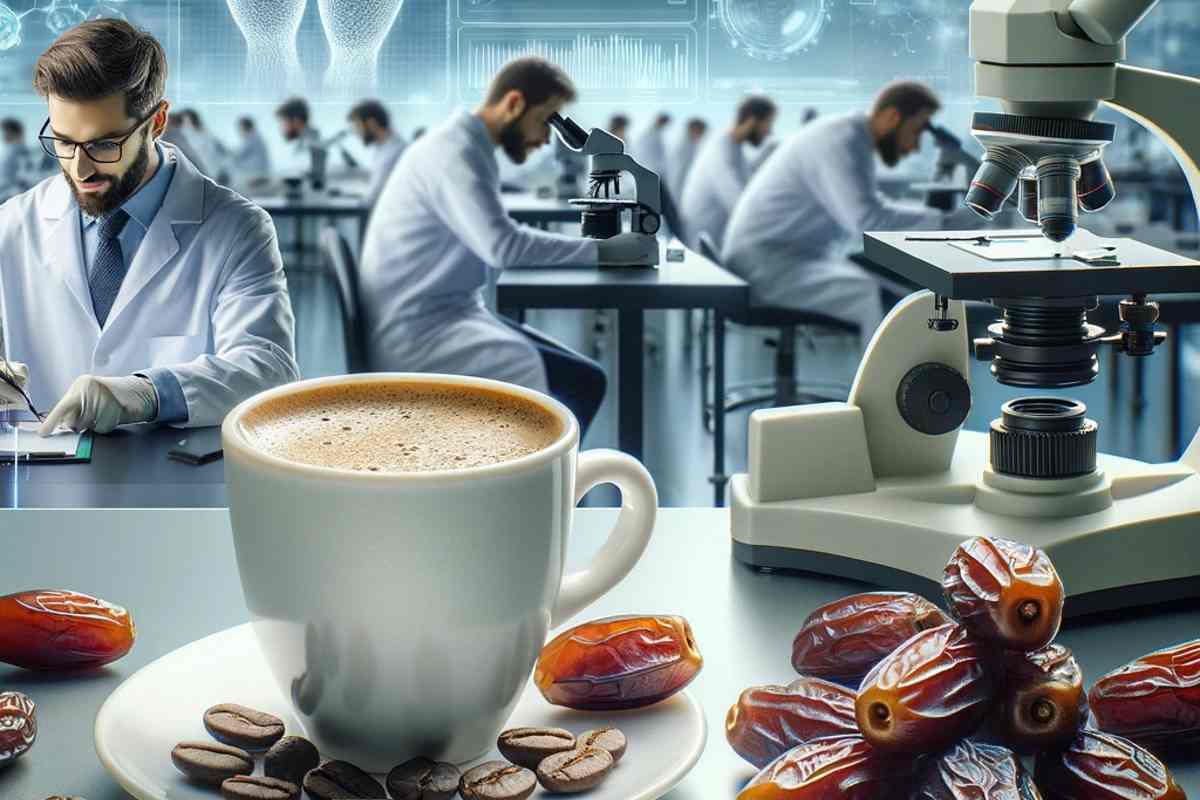Two billion cups of coffee are drunk in the world every day but, according to analysts, our production will soon no longer be enough. This is why many companies are experimenting in the laboratory with coffee that does not contain coffee

Amidst a growing consciousness about the environmental and social catastrophes behind daily staples like our morning cup of coffee—from worker exploitation to deforestation—there is an increasing realization that we might soon need to seek alternatives.
As pointed out by analysts in the Wall Street Journal, we might need to get used to synthetic or artificial replacements due to a perfect storm of land shortage and soaring prices. Coffee prices, along with those of cocoa, have hit record highs and could climb even further.
WTJ analysis
The global consumption of coffee is a significant social and environmental issue. For instance, an average Arabica tree can only produce about one to two kilograms of coffee per year. The relentless demand has led to massive deforestation, starvation wages for farmers, and significant carbon emissions from production and lengthy supply chains.
The figures are staggering: by 2050, climate change is projected to render about half of the land currently used for coffee cultivation unsuitable. In response, at least half a dozen companies are turning to biotechnology and food science to replace coffee in our cups with something less harmful and less vulnerable to climate changes, creating synthetic coffees using a variety of ingredients, including chickpeas and recycled agricultural waste like date pits.
Others are using cells cultivated in labs from actual coffee plants. Companies like Voyage Foods, Minus Coffee, Atomo, Prefer, Stem, and Northern Wonder have begun selling or are developing these coffee alternatives without beans.
The bioreactors
NASA has proposed using bioreactors—steel containers used for producing pharmaceuticals, cosmetics, and food additives—to grow food for space stations and lunar bases. In 2021, Heiko Rischer, head of plant biotechnology at the VTT Technical Research Centre of Finland, demonstrated that it’s possible to grow coffee plant cells in a bioreactor. The resulting powder, once roasted, retains many of coffee’s characteristics. Researchers are also working on a similar process to grow cacao plant cells that contribute to chocolate’s distinctive flavor.
While there’s no limit to which plant cells can be grown in bioreactors, the price is not yet competitive with real coffee. Although Rischer’s team has grown enough coffee cells in bioreactors to create a substance resembling the real thing, it’s unclear when the process will be scaled up enough to make lab-grown cacao and coffee competitive.
In the future, the biggest competitor to beanless coffee will likely be traditional coffee, potentially altered and grown in biomes that could become more hospitable as the planet warms.
Synthetic coffee, however, could face the same environmental issues as much of today’s coffee, in terms of land use and emissions from transporting beans. So, would you drink it?
